
Common misconceptions haunt bisexual people, and one of the most common is that a person's sexuality is determined by the gender of whoever they're with. The assumption leaves bisexuals feeling like their identities have been erased.
As high-profile celebrities come out, their sexualities are scrutinized by the inquisitive public. Actress Anna Paquin recently found herself explaining to Larry King that she remains bisexual even while happily, monogamously married. While many criticized King for asking it, bisexuals say the question is actually frequently posed by straight and gay people alike.
In order to get some answers, and to start putting faces on the often overlooked bisexual population, The Advocate asked four questions of 27 bisexual people and those in relationships with someone who is bisexual. The answers come from an eclectic group in monogamous, nonmonogamous, and polyamorous relationships as well as other couplings that just don't have labels. Their stories depict just a small portion of the bisexual-involved couples all around the world.
In this first part, we asked the couples to name the biggest misconceptions they face in their relationships. Using #27BiStories, readers can respond with their own experiences, and share these stories on social media. This is the beginning of a conversation that begins highlighting the sometimes silent B in LGBT.
This is #27BiStories.

What is the biggest misconception you face about your current relationship?
April, 45, Iowa: Biggest misconceptions is that people assume I am straight because I am dating a cisgender male.
Jan, 51 and Hew, 45, California: People who don't know us often assume we're straight if they meet us together. We're not in the closet at all, so they usually find out we're bi. The thing that really annoys me is the assumption that because we're bisexual, we're not monogamous. We have polyamorous friends, some of whom are bi, but more of whom are straight. I don't think there's anything wrong with ethical polyamory. However, we're not in a polyamorous relationship, and there's nothing about the word "bisexual" that should suggest that to people.
My best friend, a straight man, says I shouldn't call myself "bisexual" because people will incorrectly assume I'm promiscuous. I feel that what people assume is their own problem. If some people have stereotypes about Jews, should I then not call myself a Jew? My orientation is not a synonym for "will sleep with anybody."
Nicole, 31, Washington: Depending on when people met me, they tend to have one of three views on my relationship. If they met me before I was married, when I was primarily dating women, they tend to think I've "gone straight" or gave into societal pressures to conform to a heteronormative relationship. If they met me after I married, they tend to assume I'm straight. If they met me after I married and later realized that I am bisexual, they tend to assume I've either "taken the easy way out" by marrying a man or that I was just "experimenting" before marriage.
Ted, 45, Colorado: The biggest misconception is that I'm straight in two simultaneous, polyamorous relationships. The only place where this is not an issue is in BDSM/kink space or polyamory-friendly space.

Elisa, 55, California: I'm a bisexual woman who has been involved with a bisexual man for almost seven years. Some people assume we're straight. Some people assume I'm/we're monogamous/married. I get the sense that some of his friends, who "know he's gay," think I'm just a silly straight girl, hopelessly chasing a gay boy -- how little they know.
Robyn, 55, Massachusetts: I can pretty much guarantee that folks who see me by myself will read me as "straight" because my appearance is pretty gender-normative and because heterosexuality is our cultural default assumption. And when I am out with my wife in any public space I am pretty certain that we will be read as a lesbian couple. Also, when people who don't know me learn I identify as bi, they often assume I am not "good relationship material."
 What is the biggest misconception you face about your current relationship?
What is the biggest misconception you face about your current relationship? Christina, 41, California: Most people assume that because I am married to a man that I am straight. I hid behind this for a long time because it was easier than trying to explain that marriage did not change who I am. I became a Christian about 15 years ago and I am ashamed to say that I hid this part of me. My family and I were a part of a very conservative Mennonite church and last year I overheard some church members saying horrible things about a woman that left the church because she is a lesbian. I was horrified and frozen inside. What if they found out about me? My dear husband (I came out to him when we first met) told me that I should never hide who I am and he is proud of me. I came out and we lost a lot of friends, but my 16-year old son realized that he is bisexual and felt secure coming out to us because of how I handled myself. My oldest son is 20 and is battling homophobia because of the attitudes of his peers in the church. I asked him why he is so afraid of homosexuality and he told me that he is worried that he might not be straight. We are helping him deal with his fears.
Melody, 32, Texas: The biggest misconceptions my partner and I face is that we are straight. Both of us are bi, but we are in a monogamous, same-sex relationship with three kids between us. We find that any mentions of anything that we are not straight sends people into a bit of shock, no matter how long they have known us, or what their own orientation or sexual behavior is. They just sort of have decided that because we are committed to each other, that we have "turned straight" or were just experimenting or confused before we realized we were heterosexual. It's hard for both of us to feel that "coming out of the closet" moment every time someone realizes they had made an assumption based on our relationship.
Gabriel, 34, Illinois: I'm not sure that I face misconceptions as much as I face no conception. People in our lives know us well and have seen our relationship as a presumed solid "heterosexual" coupling for nearing two decades now, and a good strong one at that, so now that it's understood I am not straight little if anything has changed. Or if it has, it's been for the better. And I feel lucky that for the most part the people we know understand, and if not they're curiously ignorant as opposed to anything negative.
Colleen, 58, Canada: I have two life partners currently. For the purposes of this discussion, I will call them my "boyfriend" and my "wife," although these terms are far from accurate, as my "boyfriend" is far more than a boyfriend to me, and my "wife" and I are not actually married to each other, although this is our long-term goal, because all three of us are still legally married to others.
As you might infer from the foregoing, I am not only bi, but polyamorous. I'm also transsexual (MTF), although this is incidental. My wife is also bi, and married to a husband with whom she lives. My boyfriend lives with me. My wife and I see each other as often as possible, but since she lives four hours away, this ends up being about one weekend per month on average.
The biggest misconception I believe I face about my current relationships is that it is immoral or unethical. In fact, nothing could be further from the truth. Both of my partners have met my ex-wife and children, and are accepted at most family functions, such as Thanksgiving celebrations and family barbecues. I have met my wife's husband, and her two daughters, and will be meeting one of her brothers this fall when the two of us travel to San Francisco for the Out & Equal Workplace Summit. Everyone who is involved with me knows everyone else who is involved with me, and I am completely up front with each lover (including casual play partners) about my relationship status, and if I have a play date, I inform my partners as well. Everything is done in the open, there are no secrets, and if anyone is unhappy about anything, we talk about it immediately and work it out. There are no jealousies betweeen us.
Zefi, 23, Greece: The most common misconception is that we are both straight. I am bisexual and my boyfriend is pansexual. Both of us have shown active interest in the same or similar sex or gender (not that this should be necessary), but still we get a lot of denial, especially from our LGBTQ friends and acquaintances. I can understand people that don't know us "reading" us as straight, but it hurts more when people from the LGBTIQ organization we are both members of call us straight because we are in a relationship with each other.

What is the biggest misconception you face about your current relationship?
Leah, 22, Colorado: The biggest misconception about my relationship is that people assume that because I am dating a man that I must be straight.
Dave, 27, Scotland: To be honest I don't think I face any misconceptions really -- not directly anyway -- although I'm not out to that many people. However, I see all the time the "bisexuality is just a stepping stone to gay" myth, which is pretty frustrating to hear or read. I was having a conversation with a friend (who doesn't know I am bi) about a TV personality who identifies as bisexual and his response was "so he's gay, then?" I corrected him and maintained that they were different things, but I have to admit I felt myself lock down a bit.
Evan, 40, California: People assume that because I was married and have children that I must be heterosexual. Beyond that, people who find out I'm divorced and bisexual tend to assume my marriage failed because I'm "gay."
Beth, 42, Minnesota: That we're lesbians. That we want to get legally married or that we already are.
Jake, 26, Washington, D.C.: I am currently in a same-sex relationship with a man. We are both cisgender men and he is gay. While I identify as bisexual, there is no easy way to determine this, so it is assumed I'm gay. Many of my boyfriend's friends (who don't know me that well) assume I'm gay and often use the term "gay" around me (whether they're referring to me or not) rather than more inclusive terms.
Lucy, 46, Georgia: My primary long-term relationship is with someone of the opposite sex, so most people assume that I'm straight. I'm also poly, so people who meet me if I'm out with a same-sex date or partner assume I'm gay. It almost always causes some awkward moments when people find out the truth.
A.J., 29, Arizona: Most people assume my fiance and I are a heterosexual couple when we are seen out in public because he is a cisgender heterosexual male, and unless I am waving a large bi pride flag or an LGBT flag, I appear to be a cisgender heterosexual female even though I'm bisexual. Let's be honest -- even if I were to wave my bi flag, most people wouldn't know what it represented, and if it was the rainbow LGBT flag, I'd probably just be seen as an ally.

What is the biggest misconception you face about your current relationship?
Bill, 45, New York: I have been married to a woman for about 20 years. I came out as bi about five years ago. Since my wife knew me as straight for many years, there was some adjustment when I came out. I think the biggest misconception initially was that she assumed I was gay but was just being polite (or hadn't fully figured myself out yet). It took a lot of reassurance (including her seeing again and again that, yes, I did enjoy having sex with her) before she came to accept that I wasn't gay. Next misconception was that I might be better off with another bi partner, because I would be bored with her being "just a straight woman."
The next one is related to the last -- that I would want to leave the relationship to be with a man because that is something she can't offer me. I think over time she has come to realize that relationships are relationships whether they are same- or opposite-sex. They all have their ups and down. If you're happy with someone, you are lucky and you should enjoy it. But, with that said, I still think she believes that one day I'll end up with a man.
Laura, 48, Netherlands: I am married to a woman now, since a little over a year. My wife is a lesbian; she has no problems with me being bisexual. In 2005 I divorced from my husband, with whom I was in a relationship with for almost 20 years. My ex and I have two sons together in their 20s.
Before I met my wife, I dated a lesbian woman. She said now you're dating me, you're a lesbian. And when you're dating a guy, you're straight. I tried explaining to her that it didn't work that way, but she was offended and didn't really believe me.
Being bisexual is my nature, not determined by the sex of my partner. Even if I never would have dated a woman or a man, I would still be bisexual. It would only mean that that what I am looking for, I did not find in women or men up till this moment. That can change with the next woman or man or not. Even if I would be on my deathbed and only would have dated one gender, that still does not mean that I am not bisexual.
Then there's the misconception that as a bisexual you always need both genders to be happy. For me that is absolutely not true. I need to be faithful to be happy; cheating would make me incredibly unhappy. So I am a one-partner woman.
When I was with my husband, I looked at other men and also at women. Now I am with my wife, I look at other women and also at men. If they're cute, I notice. If I think they're attractive, I notice. Gee, almost like a straight or a lesbian would be, only I've got that with both genders! There is no desire to act on what I notice, just like a lesbian or a straight woman is not always acting on what they are noticing. If I would be acting on it, I would be cheating. The gender of the person I cheated with is of no importance to whether you can call it cheating or not. If I sleep with another woman, I cheat, and if I sleep with a man, I cheat too.

Sarah, 57, Oregon: That it has to be sexual in nature to be a valid relationship.
Levi, 23, Washington, D.C.: A lot of people think that he's secretly gay but he just doesn't want to admit it. I know this is particularly hurtful to him because he genuinely likes women in every way. Other people think he's really straight but just experimenting with me in particular and that he'll never come out. That's even worse because it assumes that our commitment to each other is weaker than other people's bigotry.
Brian, 45, Nebraska: One of the misconceptions that I have faced frequently from my friends and family is that of wonder on why I feel the need to be open about my bisexuality when I am in a relationship with a woman (my wife of nearly 20 years). People have asked me why I feel the need to be out, as they feel that I am somehow diminishing the relationship with my wife by being out about my bisexuality. The common theme seems to be "Since you are married, doesn't that mean that no one really needs to know about you being bisexual?" What many people don't know, as I don't really feel it is any of their business, is that after I came out to my wife, she and I decided that we should open up our marriage to allow me to experience sexual relationships with other men. Although that has happened only once in the year since my coming-out, it allowed me understand far more about my own ideas of sexuality and commitment than I would've ever imagined.
 What is the biggest misconception you face about your current relationship?
What is the biggest misconception you face about your current relationship? James, 32, New Jersey: Most of the time when people see my wife and I, they think we are not together, even if we are holding hands, hugging, kissing, or hanging on to each other. I'm a little girly, she is a bit masculine, plus there are the differences in age, race, size, class, education level, and country of origin. Finally, since we both kept our own last names, people are generally confused that we are a happily married couple.
Calvin, 30, North Carolina: Because I'm married to a woman, I'm always perceived as straight even more so than the straight-default already perceives everyone as straight. Even at LGBTQ events, even at Pride, we'll be labeled "allies" before "queers." This means that I can never really come out, because no matter how many times I do, I'll just be assumed back into the closet with every new person I meet or just being out with my family.
Heather, 29, North Carolina: I would say that the number one misconception that I face is that I'm straight because I'm in an opposite-sex relationship, especially since I also have a child. I'm often completely invisible at LGBT events. In fact, I was straight out asked "Why are you here?" at a recent planning event for the local LGBT center because it was assumed that I not only was not queer but had nothing to offer the queer community, at least by some people.
Denise, 43, New Jersey: That my husband is really gay. Although to be fair, there is a lot of room for misconceptions about our marriages. My husband is 11 years younger than me and I am black and he is white. So no one ever thinks we are together ... ever. Add the bisexual thing and then the poly thing. Lots of folks think we have a sham marriage. Clearly we are married to "appear" normal.
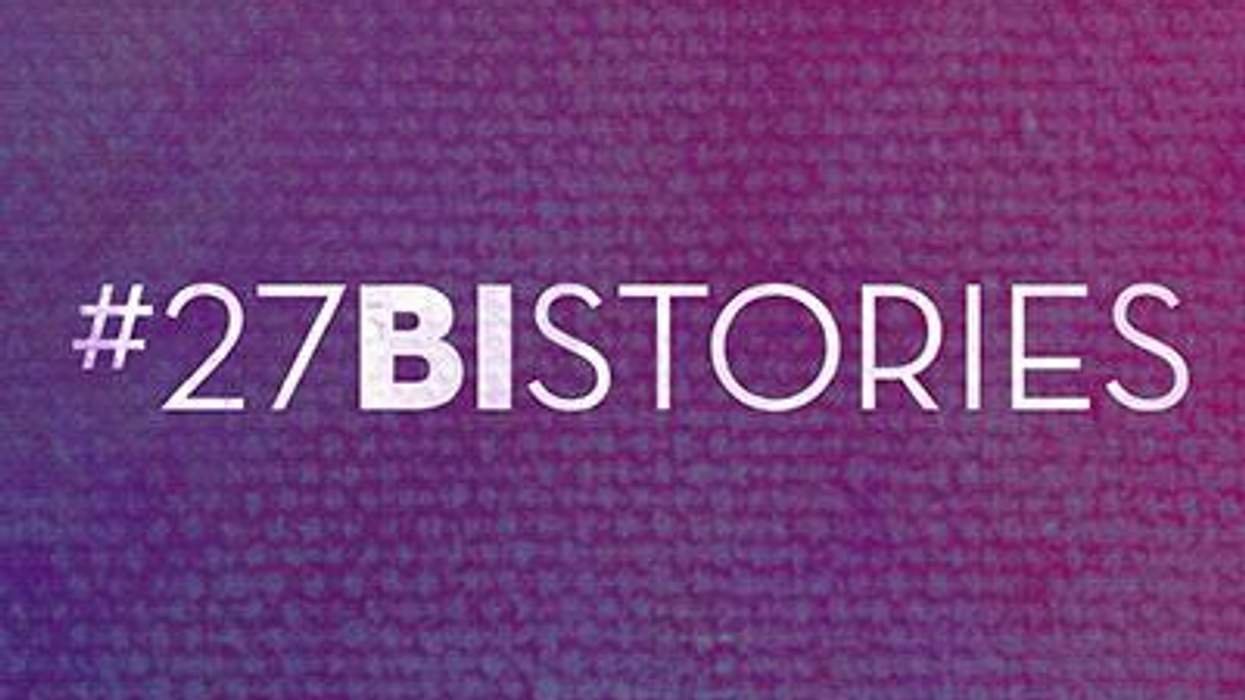

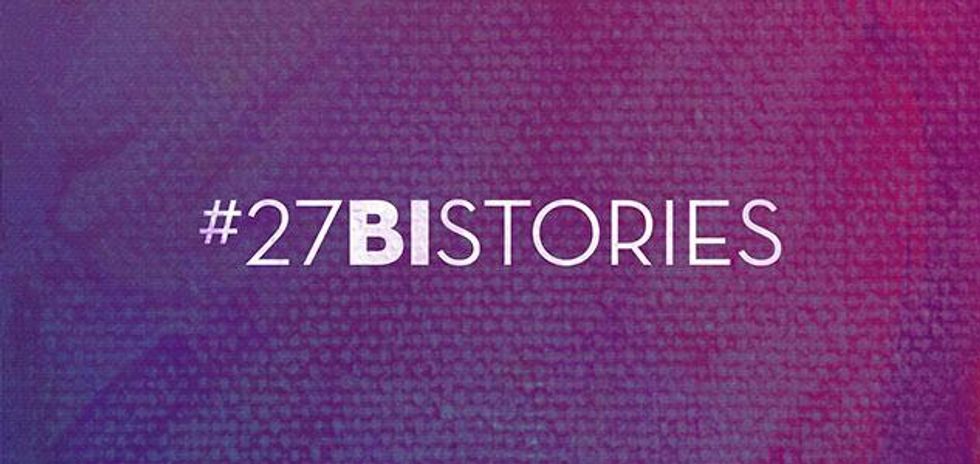
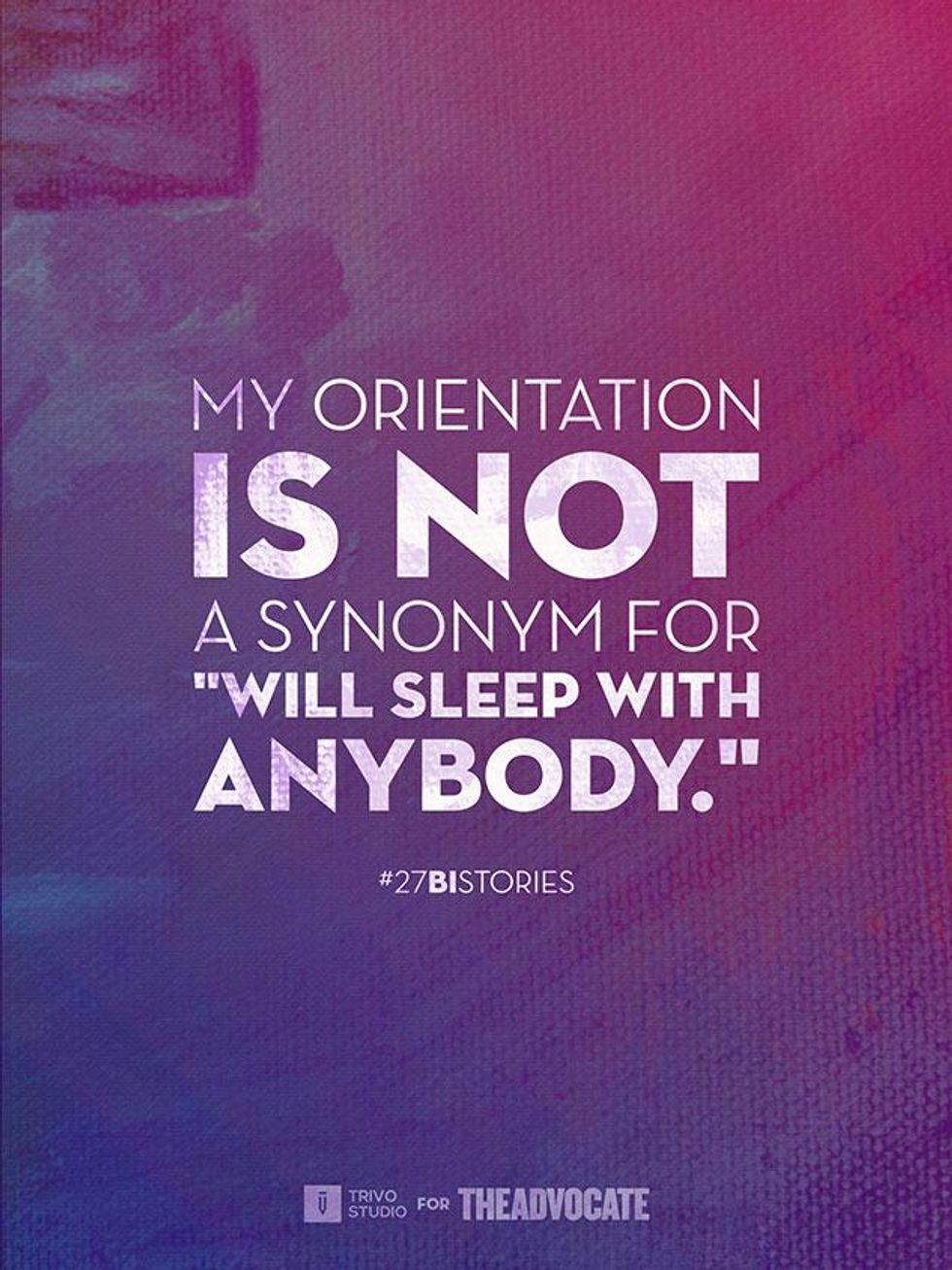
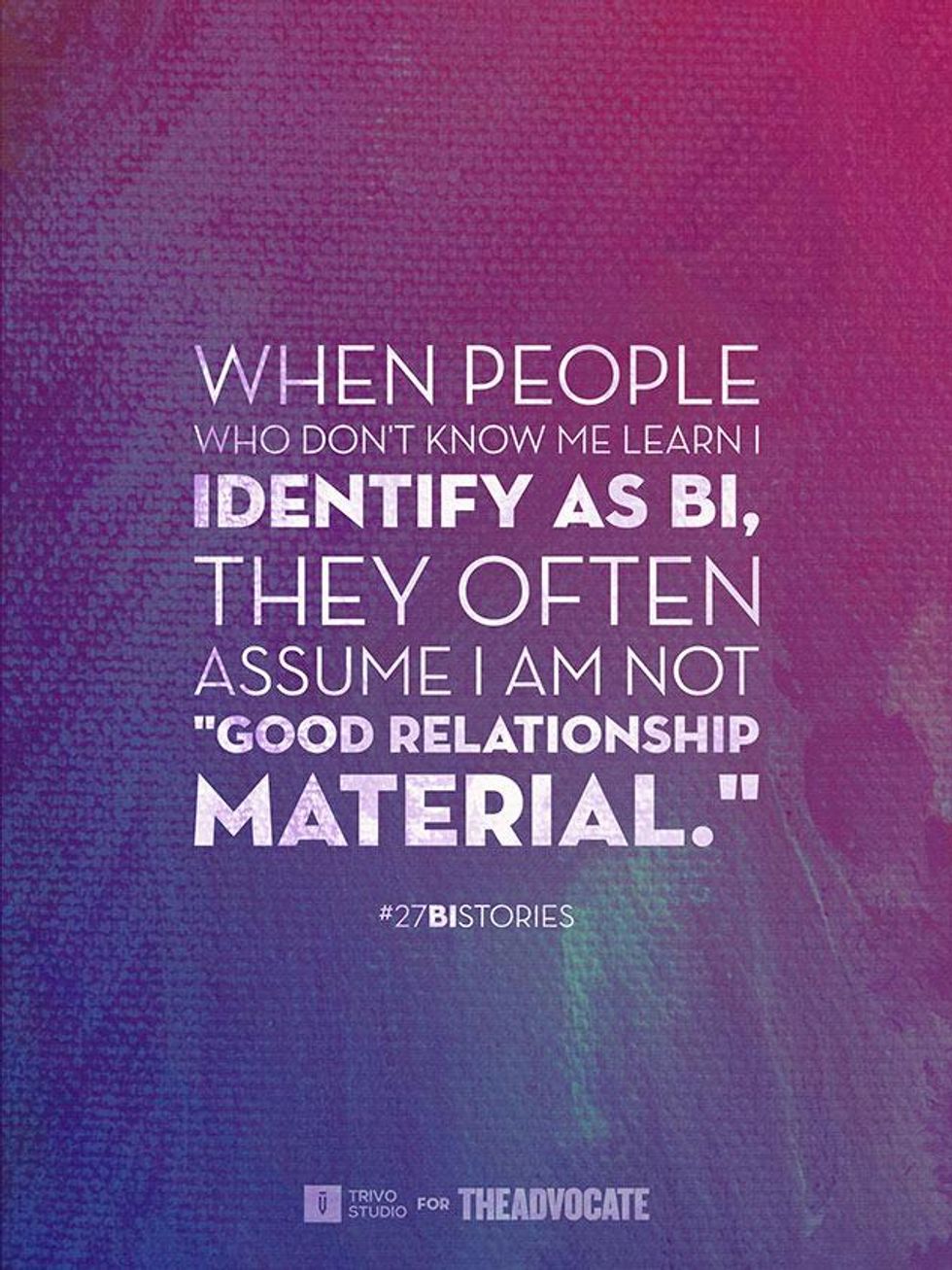
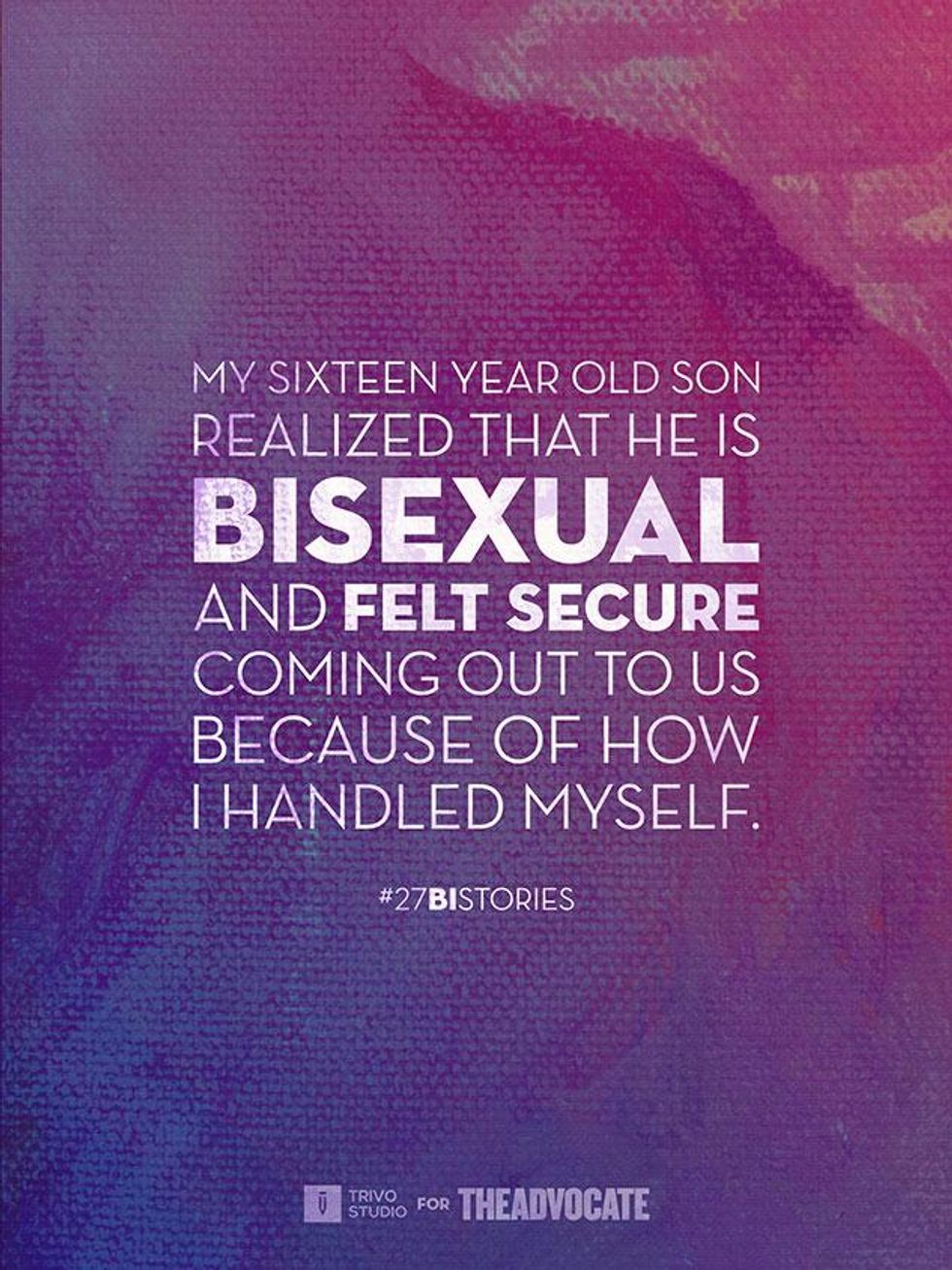
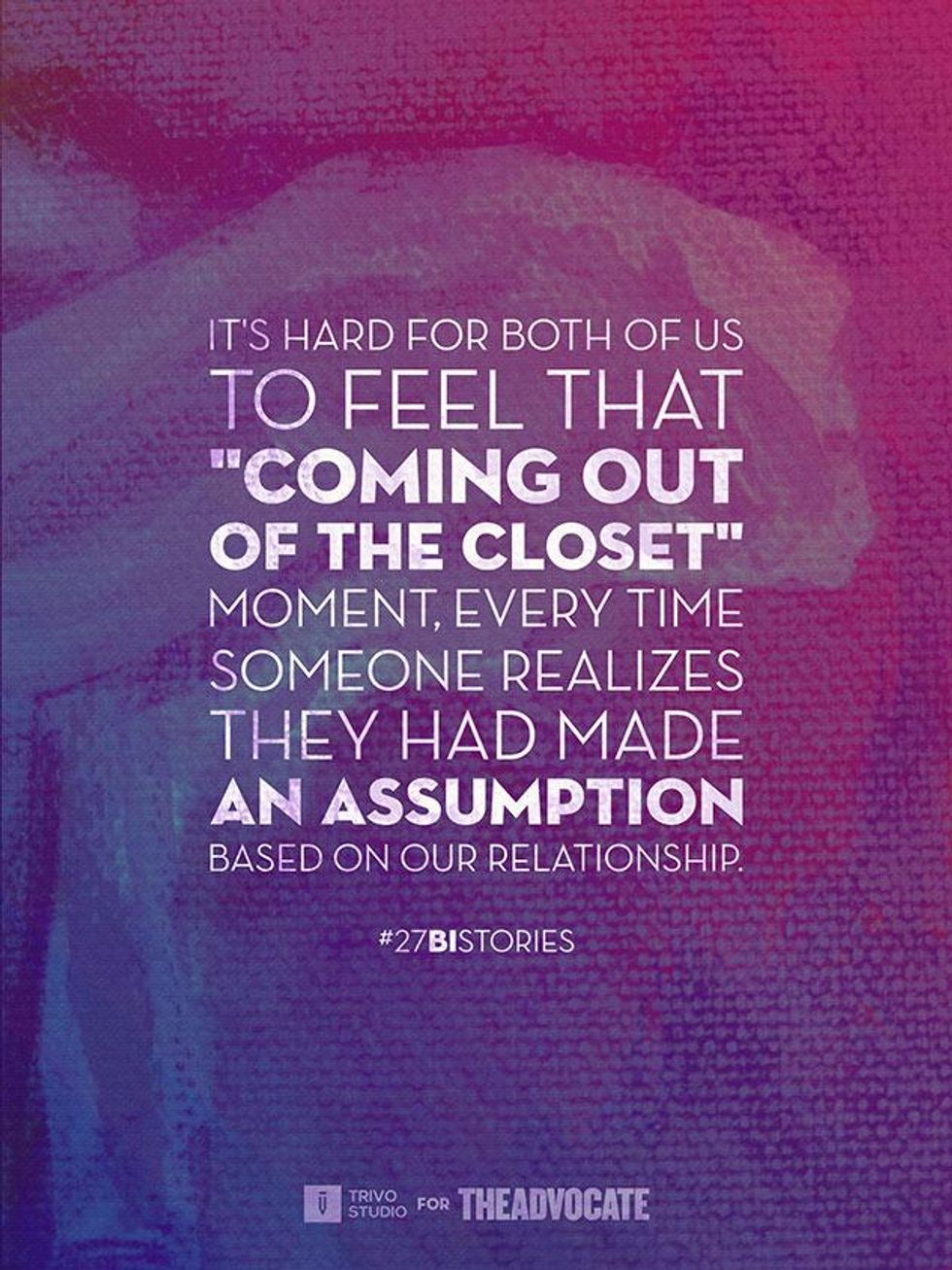
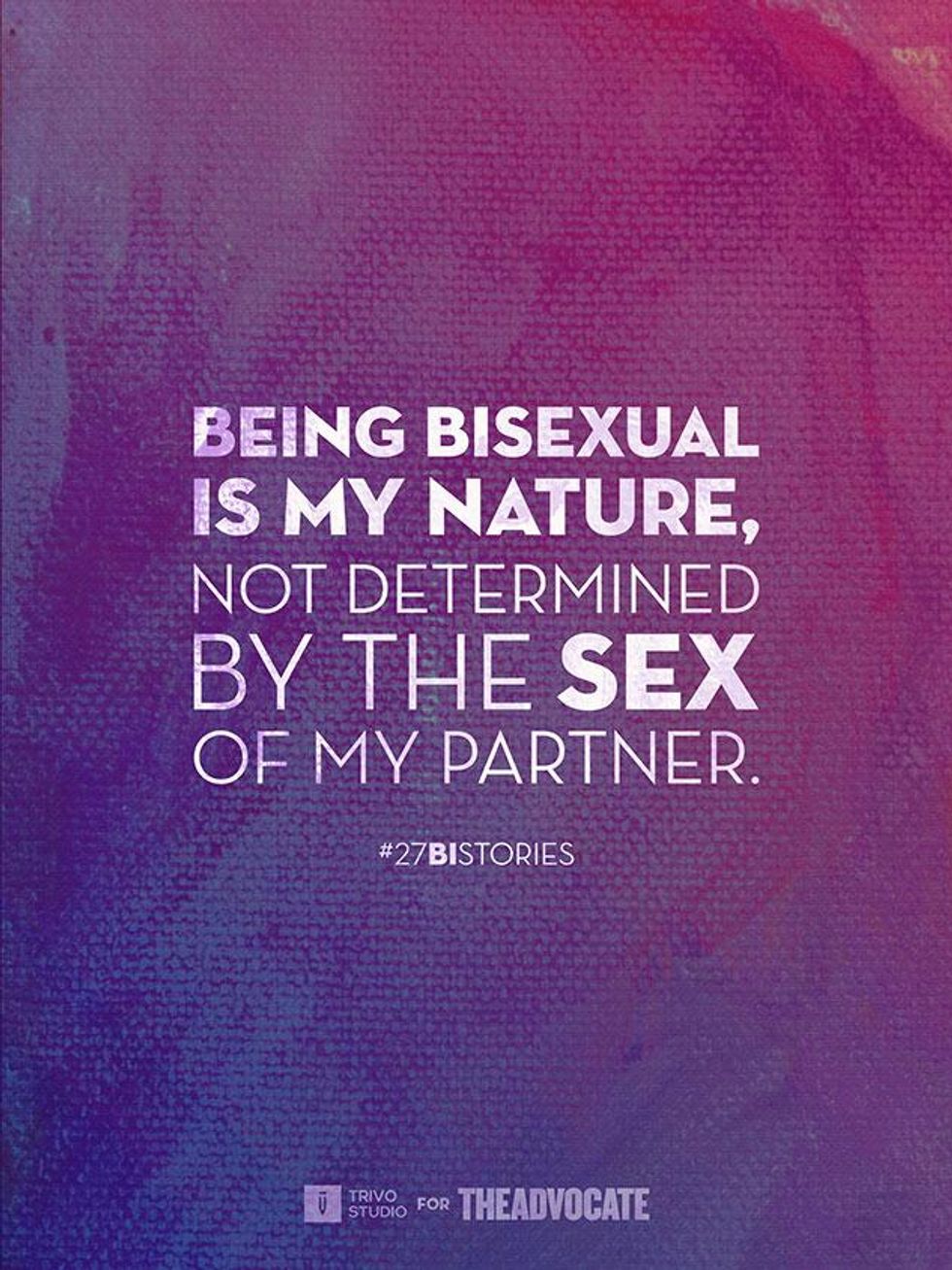
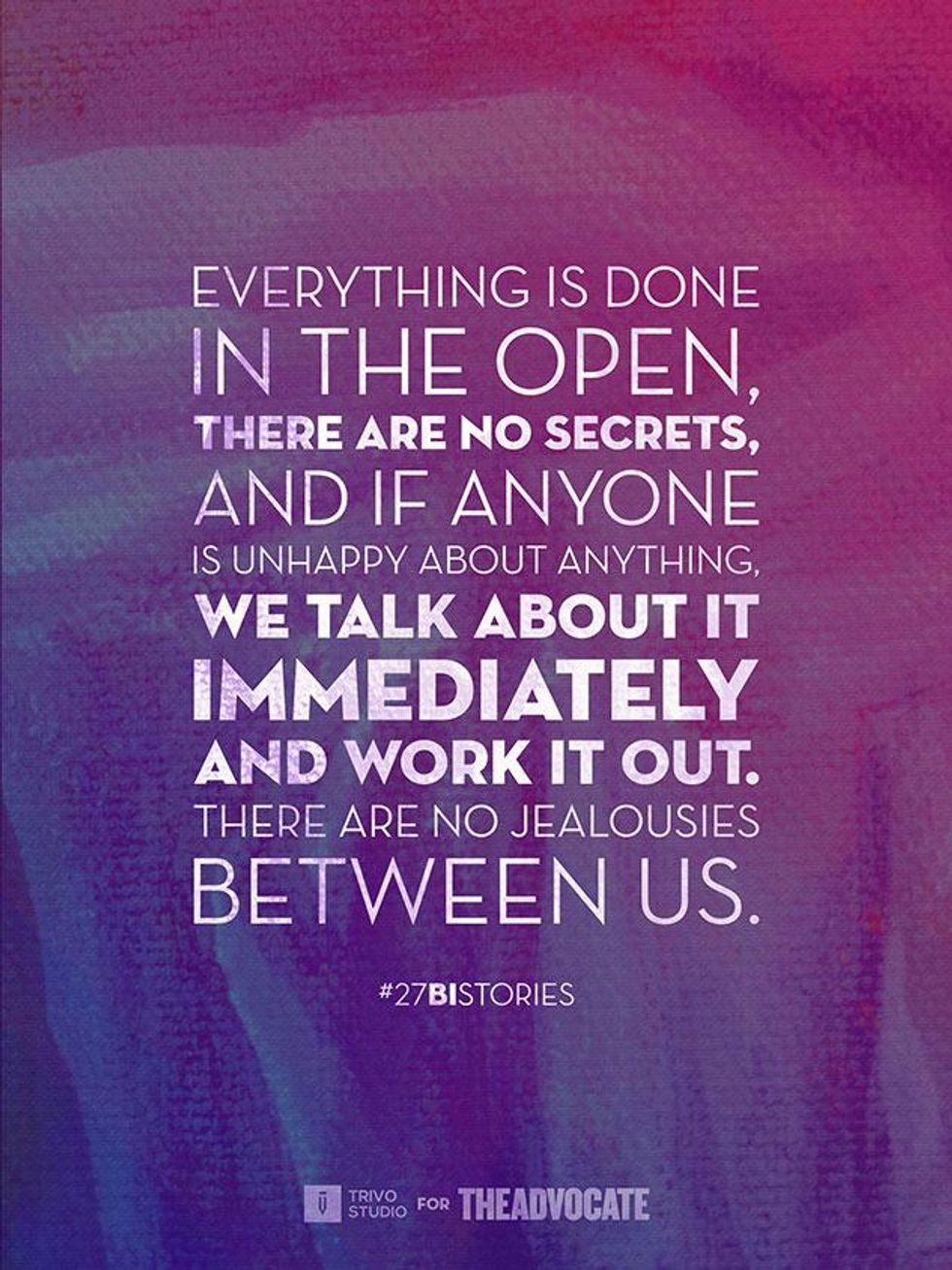
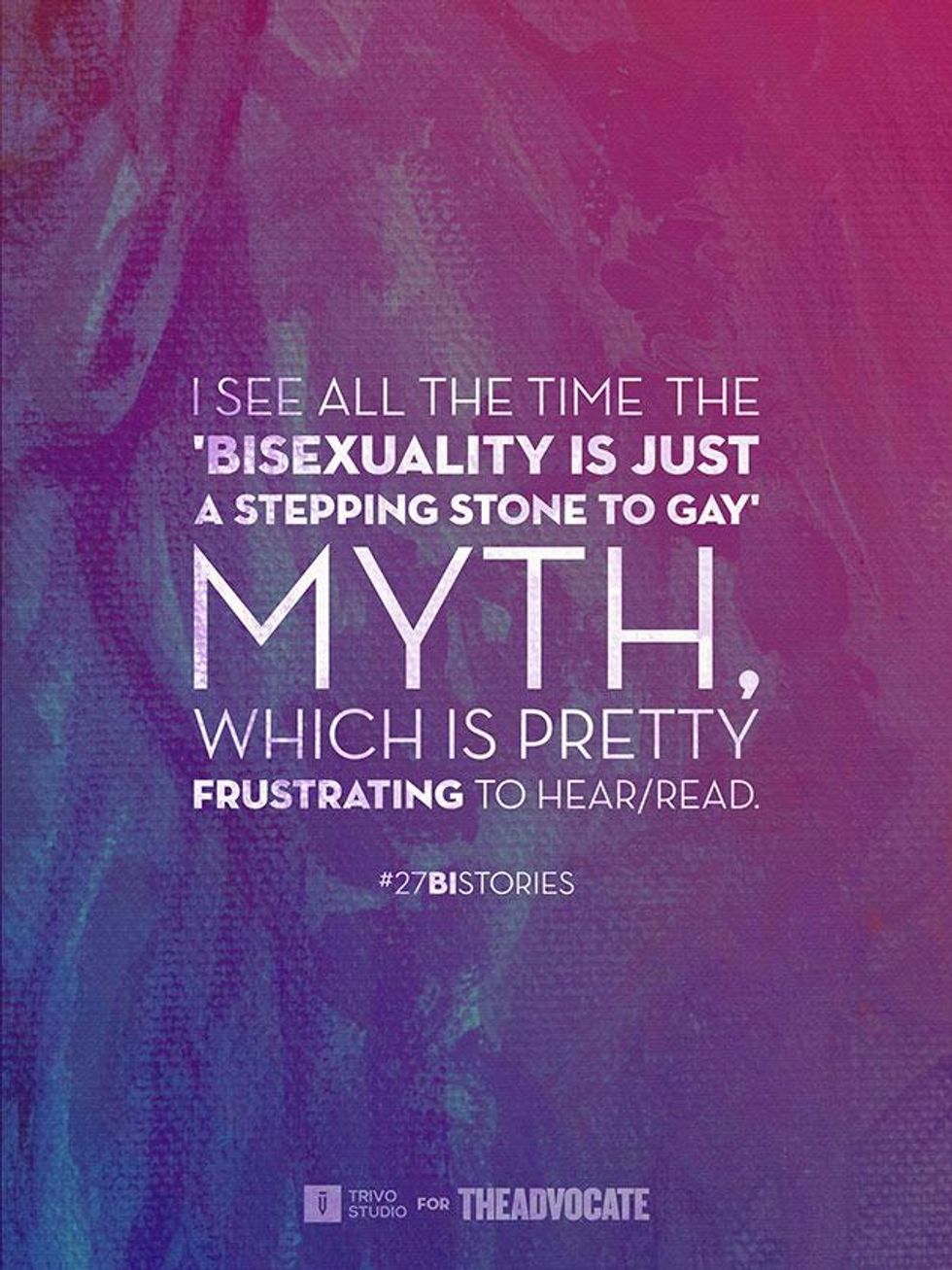




























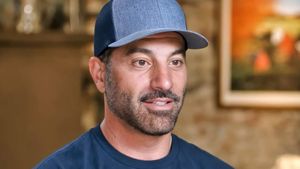









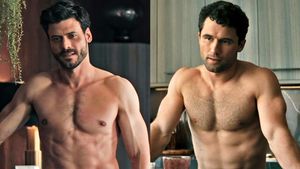
















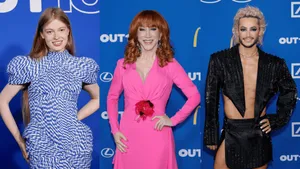


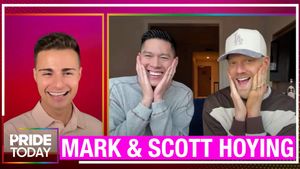

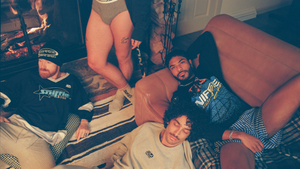
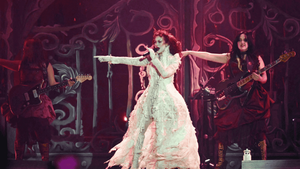


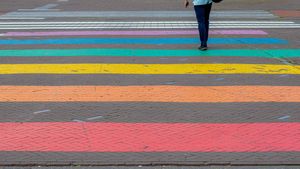

Charlie Kirk DID say stoning gay people was the 'perfect law' — and these other heinous quotes